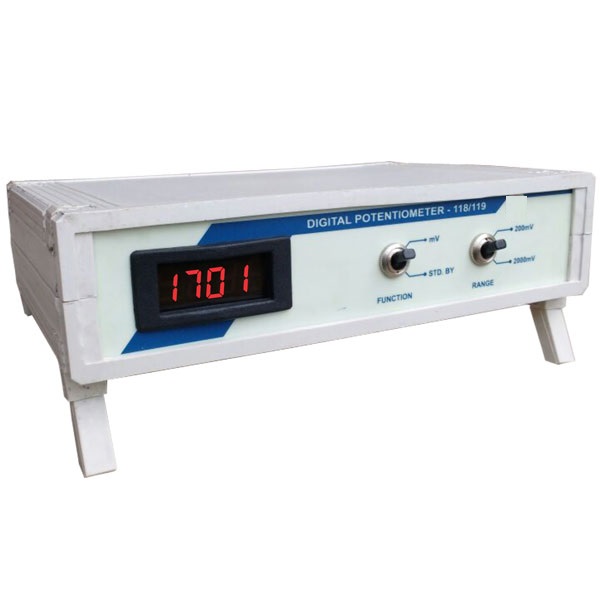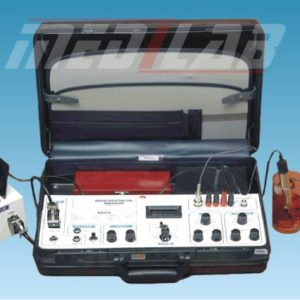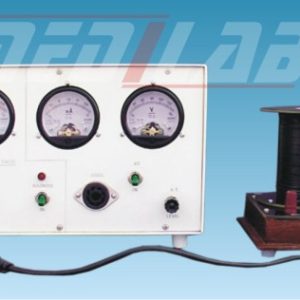Description
A digital potentiometer, also known as a digital variable resistor, is an electronic component used to control the resistance in a circuit using digital signals. It is similar to a mechanical potentiometer, but instead of a physical knob, it uses digital signals to change the resistance value.
The digital potentiometer consists of a series of resistors that can be switched on and off electronically. These resistors are controlled by a microprocessor, which receives digital signals to adjust the resistance value.
Digital potentiometers are used in a variety of applications where variable resistance is required. They are commonly used in audio equipment to control volume, in electronic circuits to adjust the gain of an amplifier, and in motor control circuits to adjust the speed of a motor.
The advantages of using digital potentiometers include their ability to provide precise and accurate resistance values, their programmability, and their ability to be controlled remotely. They are also more durable and have a longer lifespan compared to mechanical potentiometers.







